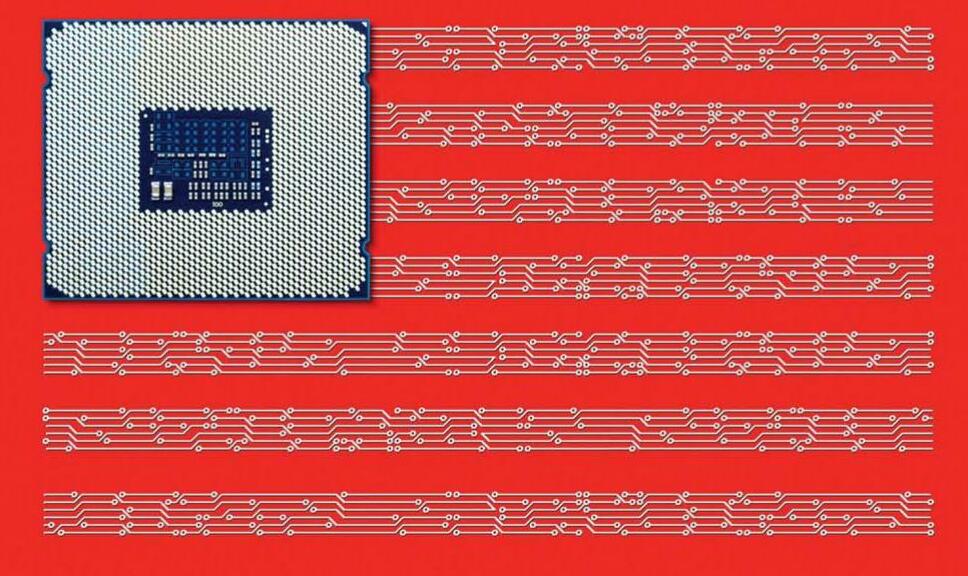Intentar ORO - Gratis
Today, CHIPS.Tomorrow, Everything.
Fortune Asia
|April/May 2024
Why the CHIPS Act is rewriting the rules for every big American business.

THE U.S., WHERE computer chips were invented, hasn't manufactured leading-edge chips since 2017. From then until now, the world's fastest, most valuable chips, the kind that power OpenAI's ChatGPT, Apple's newest iPhones, and the world's biggest supercomputers, have been made only in Taiwan and South Korea. But sometime next year, if all goes as planned, the U.S. will reclaim global leadership when Intel starts producing in volume a next-generation chip in the U.S. The chip technology, which Microsoft has already committed to use as the foundation for Intel-made proprietary chips, probably won't be fully matched elsewhere for at least many months.
The dramatic turnaround owes much to the CHIPS and Science Act, which was signed into law in 2022 to revive semiconductor manufacturing in the U.S. Some $52 billion in grants is being disbursed to companies, led by Intel. Subject to reaching milestones in coming years, Intel could receive a grant of up to $8.5 billion, plus up to $11 billion in government loans and a 25% tax credit on a planned $100 billion in investment. A senior administration official said Intel's package of subsidies would likely be the largest in the program. Commerce Secretary Gina Raimondo, who oversees most of the program, explains its rationale succinctly: "We cannot allow ourselves to be overly reliant on one part of the world for the most important piece of hardware in the 21st century."
Esta historia es de la edición April/May 2024 de Fortune Asia.
Suscríbete a Magzter GOLD para acceder a miles de historias premium seleccionadas y a más de 9000 revistas y periódicos.
¿Ya eres suscriptor? Iniciar sesión
Listen
Translate
Change font size
